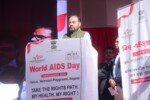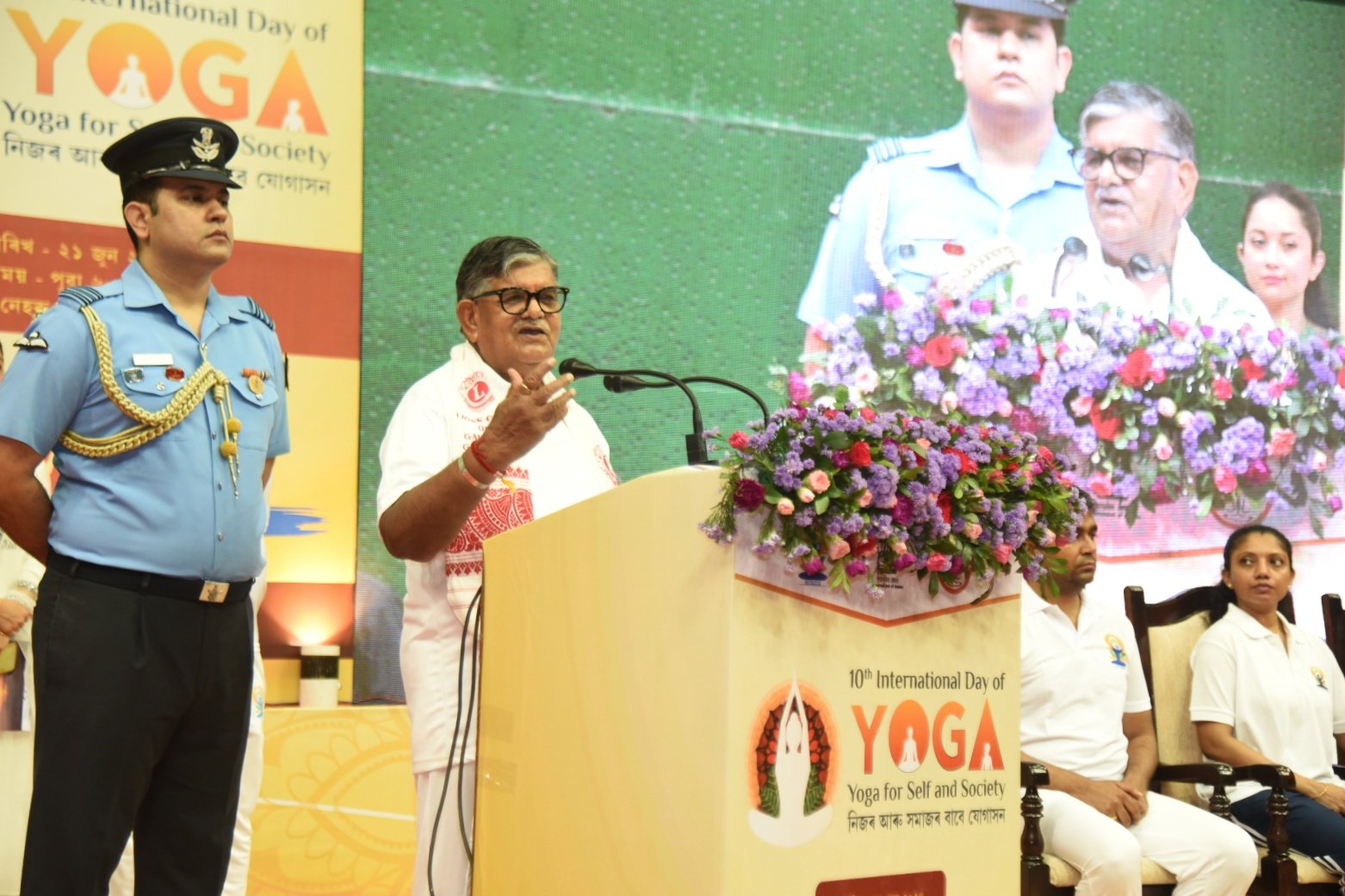HT Bureau
GUWAHATI, Aug 12: The Assam State AIDS Control Society (ASACS) on Tuesday launched a State-level Intensified IEC (Information, Education and Communication) Campaign on HIV and Sexually Transmitted Infections (STIs) at Dhekiajuli in Sonitpur district, coinciding with International Youth Day.
The campaign aims to enhance awareness among the public, particularly in high-priority areas across Assam.
The programme was inaugurated at the Martyrs’ Memorial Park Convention Centre by Assam Health and Family Welfare Minister Ashok Singhal, in the presence of Sonitpur Deputy Commissioner Ananda Kr Das, ASACS Project Director Dr Indranoshee Das, and other senior officials.
Prior to the launch, a rally involving college students was flagged off at Swahid Maidam by the Deputy Commissioner, joined by ASACS officials and local dignitaries.
Addressing the gathering, Singhal warned that high-risk behaviours such as unprotected sex and injecting drug use remain the primary causes of HIV infection.
“If the present generation cannot stay away from these behaviours, their lives will be ruined and we will not be able to save the future because HIV is non-curable,” he said.
He added that the government would focus on skill development centres rather than HIV rehabilitation facilities, and urged the youth to “choose their heroes wisely and live a healthy life.”
In his welcome address, Das noted that HIV cases are rising in the state and stressed that “awareness is the only key” to prevention.
Outlining the campaign’s objectives, Dr Das said the initiative will cover 25 high-priority districts, reaching villages, schools, colleges, slum areas, tea gardens, char areas, and remote locations through a 360-degree communication approach using mass, folk, and social media.
Mission Director of NHM, Assam, Dr Lakshmanan S, highlighted that while HIV cases had declined since 2010 due to government interventions, new infections are now increasing.
“We need to stop these new infections to eliminate AIDS as a public health threat by 2030,” he said.
The campaign will include sensitisation meetings, school and college outreach programmes, folk performances, door-to-door awareness drives, and special health camps offering free HIV/STI testing, counselling, and treatment.
Activities will also target slum populations, with messages disseminated via mass media, folk shows, outdoor campaigns, and social media.
According to an official statement from the Biswanath district administration, the initiative will cover 3,000 villages in the 25 identified districts.
The launch concluded with a cultural programme featuring HIV-awareness messages by college students.












